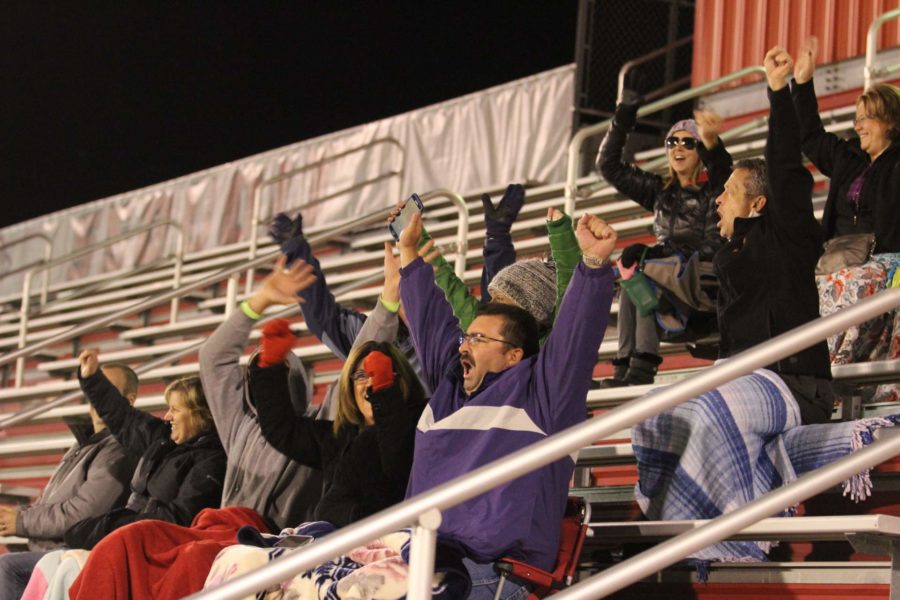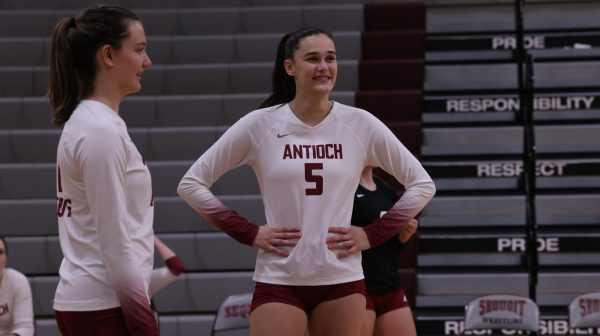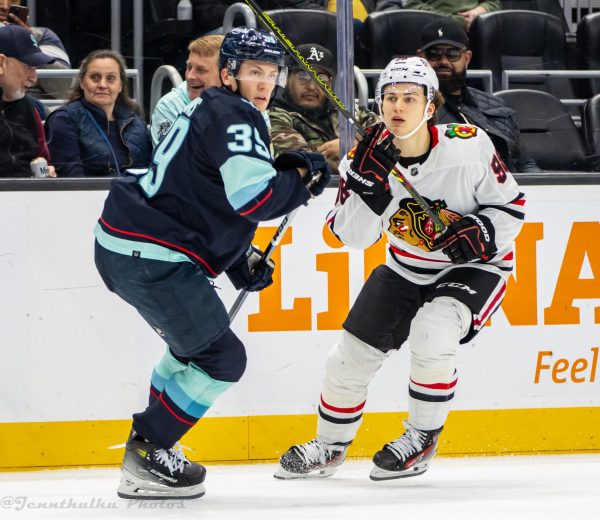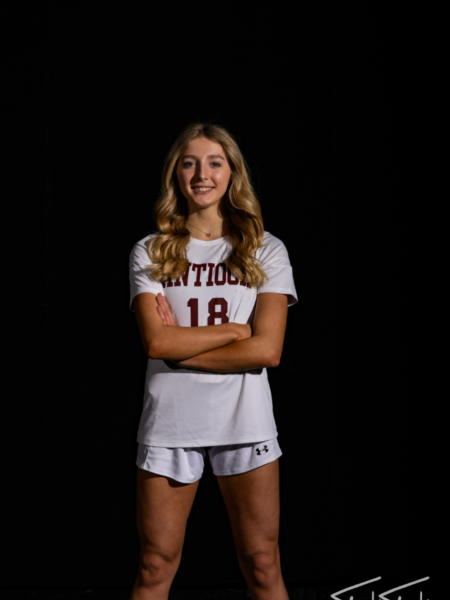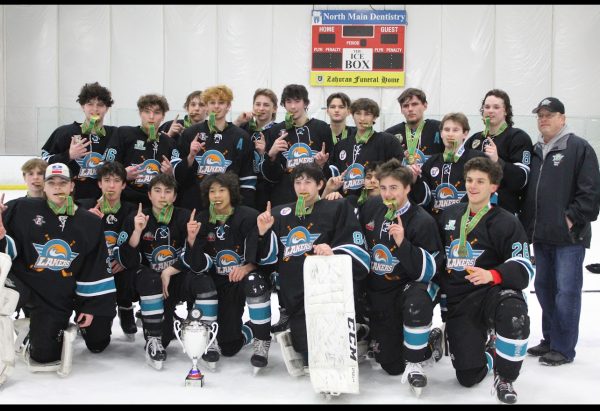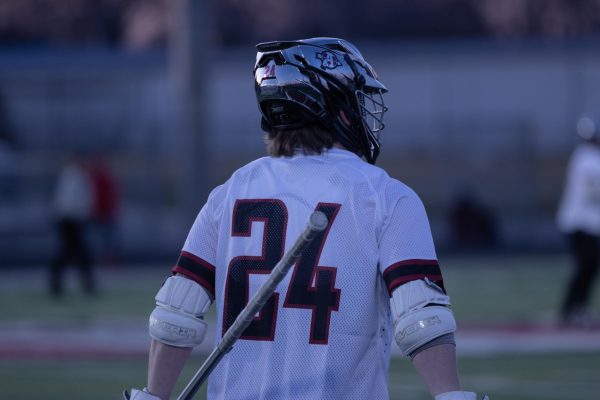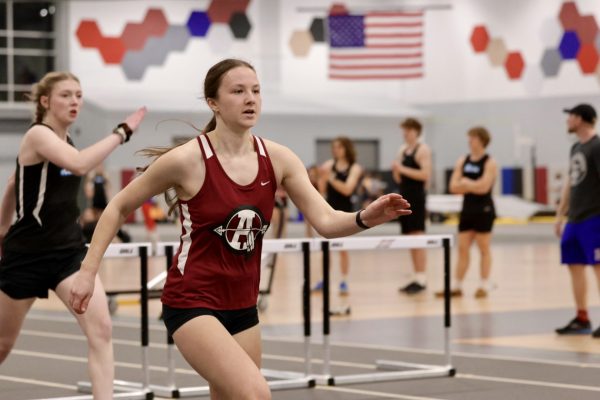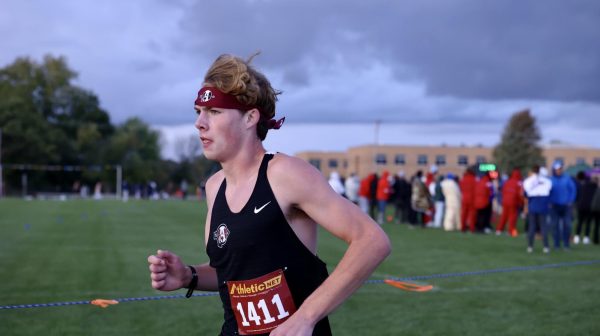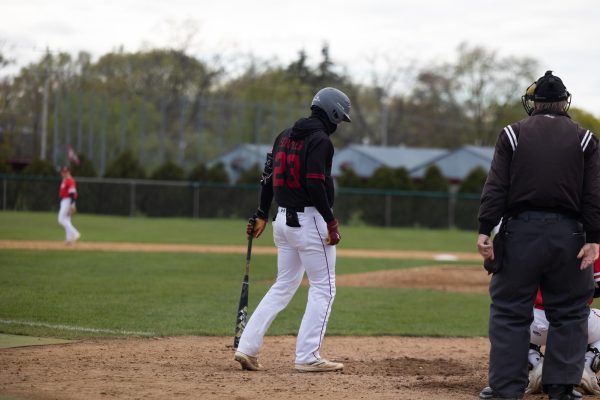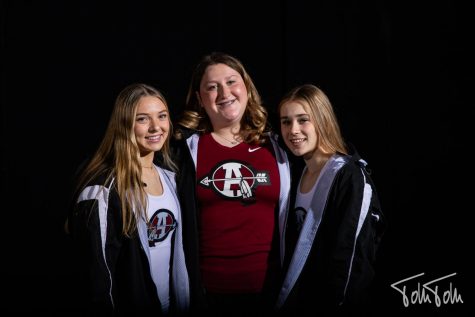Grandstand Quarterback
Over the top parents oftentimes feel they might be better off playing down on the field.
No matter the sport, no matter the fan section, parents are traditionally at the sides of their athletes. However, being at the side isn’t always as positive as it may sound. For some parents, every game cheers become taunts and feedback becomes directives. For this type of parent, sitting in the stands is something more than being a spectator—it’s an opportunity to be a coach.
We’ve all heard it. That voice barreling from the grandstands. Whether aggressive or shrill, it amplifies off of the metal and pings off of the rails. No, it’s not a coach. No, it’s not an athlete. Well, it could be former coaches and athletes, but the voices aren’t the ones you expect or should hear that clearly. Instead, it’s a parent; one that is possibly looking to make a statement and looking for his/her players and coaches to listen. This parent, one in the bunch, is the outrageous one. This parent is over the top and one that just can’t let go.
According to Coach Brian Glashagel and junior Joseph Karolewicz, one of a coach’s and player’s biggest pet peeves is parents. From screaming at the coaches that they need to “get their head out of their ass” or shouting “bad call, ref,” they are always yelling.
“I can’t really hear parents in the stand all that well, but in the past I’ve heard people yell ‘you’ve got to blitz’ or ‘you’ve got to throw the ball,’ but parents don’t really know what is going on,” Glashagel said.
Sure, many parents might know what is actually going on, but they don’t know the game plan the coaches want to run, and they don’t have the same mindset as them.
“The most irritating thing that parents do at the game is trying to coach from the stands,” Karolewicz said. “Our coaches know exactly what they are doing to put the team in the best position to win.”
Karolewicz is an athlete with a dad who is used to coaching his son for years. Of course, he is going to give his best effort to help his son, even though he is not on the sideline during high school games. But, a big problem that parents have a hard time accepting is that they cannot be there to coach their kid anymore. Players are growing up and starting to become more independent.
While parents are trying to coach the team from the stands and run what they think is right, the coaches know what they are doing and do not need extra help. If a parent has a problem with it, they should let a coach know separately. But talking to a coach off the field has not been the greatest of ideas. It should be the athlete to ask the coach about his playing time, rather than the parent.
In Glashagel’s first season here, a fan approached him during the homecoming parade and started yelling at him over a decision that was not very important in the outcome of their season.
“Our team was on the float and we were coming down Main Street, and a guy in front of The Lodge runs up to the float, obviously intoxicated,” Glashagel said. “He started screaming at me about the last game we had and the decisions I made, and a cop had to come in and pull him away. I was feeling pretty attacked. It was one of the most embarrassing things I’ve ever seen a parent do.”
One of the bigger problems that coaches face with parents is players and playing time. Parents are going to think their child is the best athlete and deserves to play as much as possible, but the coaches address how playing time and starters work before the camps and season actually start.
“Every year we have the same problem: parents ask about their son and playing time,” Glashagel said.
Although parents may have the best intentions for their children, sometimes they need to step back and leave the coaching to the coach.

